New York University study shows kidney and nerve tissue cells learn and make memories in ways similar to neurons
From New York University 13/11/24 (first released 07/11/24)

It’s common knowledge that our brains—and, specifically, our brain cells—store memories.
But a team of scientists has discovered that cells from other parts of the body also perform a memory function, opening new pathways for understanding how memory works and creating the potential to enhance learning and to treat memory-related afflictions.
“Learning and memory are generally associated with brains and brain cells alone, but our study shows that other cells in the body can learn and form memories, too,” explains New York University’s Nikolay V. Kukushkin, the lead author of the study, which appears in the journal Nature Communications.
The research sought to better understand if non-brain cells help with memory by borrowing from a long-established neurological property—the massed-spaced effect—which shows that we tend to retain information better when studied in spaced intervals rather than in a single, intensive session—better known as cramming for a test.
In the Nature Communications research, the scientists replicated learning over time by studying two types of non-brain human cells in a laboratory (one from nerve tissue and one from kidney tissue) and exposing them to different patterns of chemical signals—just like brain cells are exposed to patterns of neurotransmitters when we learn new information.
In response, the non-brain cells turned on a “memory gene”—the same gene that brain cells turn on when they detect a pattern in the information and restructure their connections in order to form memories.
To monitor the memory and learning process, the scientists engineered these non-brain cells to make a glowing protein, which indicated when the memory gene was on and when it was off.
The results showed that these cells could determine when the chemical pulses, which imitated bursts of neurotransmitter in the brain, were repeated rather than simply prolonged—just as neurons in our brain can register when we learn with breaks rather than cramming all the material in one sitting.
Specifically, when the pulses were delivered in spaced-out intervals, they turned on the “memory gene” more strongly, and for a longer time, than when the same treatment was delivered all at once.
“This reflects the massed-space effect in action,” says Kukushkin, a clinical associate professor of life science at NYU Liberal Studies and a research fellow at NYU’s Center for Neural Science.
“It shows that the ability to learn from spaced repetition isn’t unique to brain cells, but, in fact, might be a fundamental property of all cells.”
The researchers add that the findings not only offer new ways to study memory, but also point to potential health-related gains.
“This discovery opens new doors for understanding how memory works and could lead to better ways to enhance learning and treat memory problems,” observes Kukushkin.
“At the same time, it suggests that in the future, we will need to treat our body more like the brain—for example, consider what our pancreas remembers about the pattern of our past meals to maintain healthy levels of blood glucose or consider what a cancer cell remembers about the pattern of chemotherapy.”
The work was jointly supervised by Kukushkin and Thomas Carew, a professor in NYU’s Center for Neural Science.
The study’s authors also included Tasnim Tabassum, an NYU researcher, and Robert Carney, an NYU undergraduate researcher at the time of the study.
This research was supported by a grant from the National Institutes of Health (R01-MH120300-01A1).
More info
You may also be curious about:
-
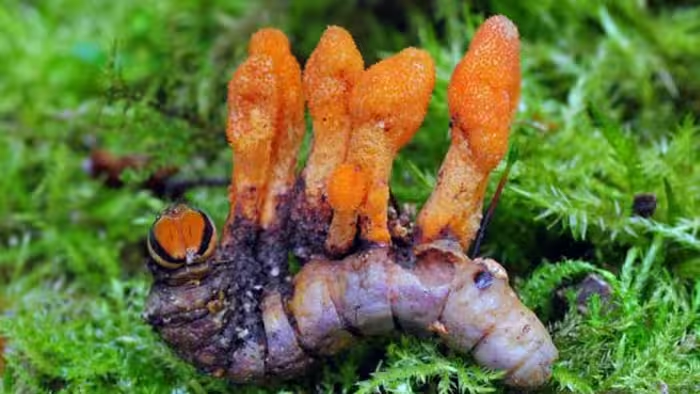
Research shows caterpillar fungus can slow down growth of cancer cells
-

It’s not to be. Universe too short for Shakespeare typing monkeys
-
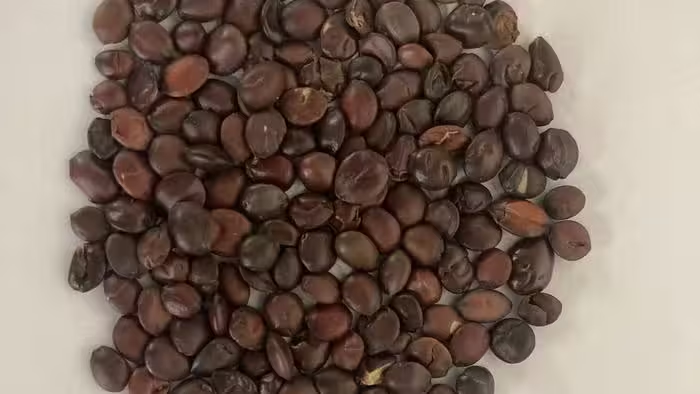
Chinese herbal medicine’s potential in preventing dementia
-
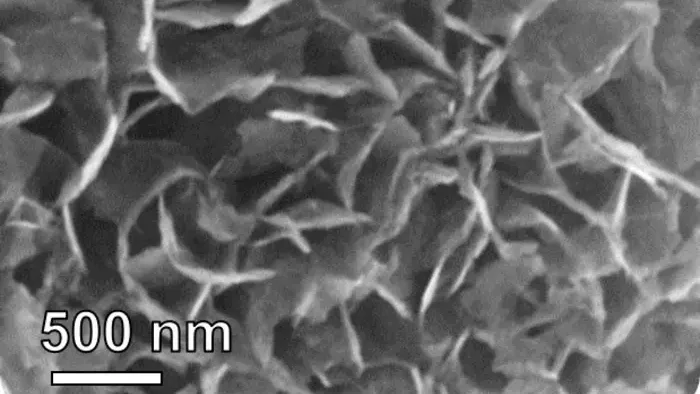
Detecting evidence of lung cancer in exhaled breath
-

How fresh is your milk? Your smartphone can tell.
-
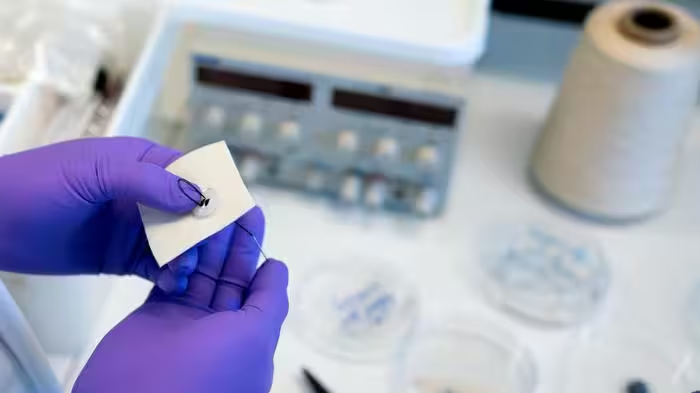
The silk thread that can turn clothes into charging stations
-
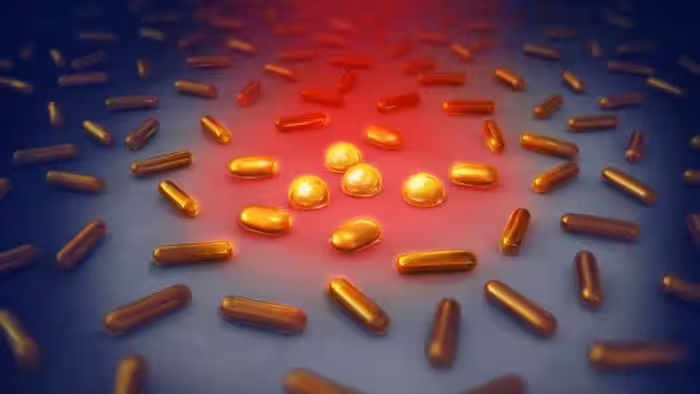
Tiny gold nanorods fry bacteria on medical implants
-
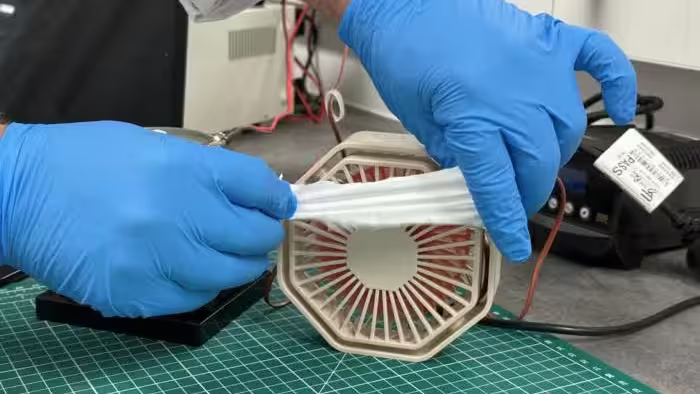
Static electricity could help run air conditioners
-

Giant rats could soon sniff out illegal elephant tusk and rhino horn
-

Solar-powered animal-plant hybrid cells
-

Capturing carbon from the air just got easier
-

Dolphins sense military sonar at much lower levels than regulators predict
